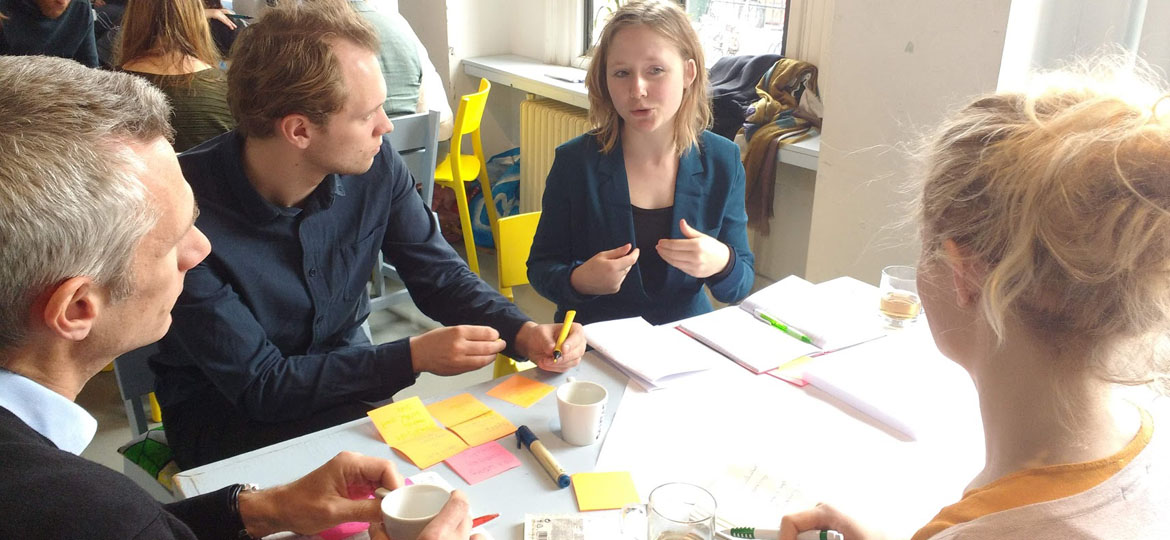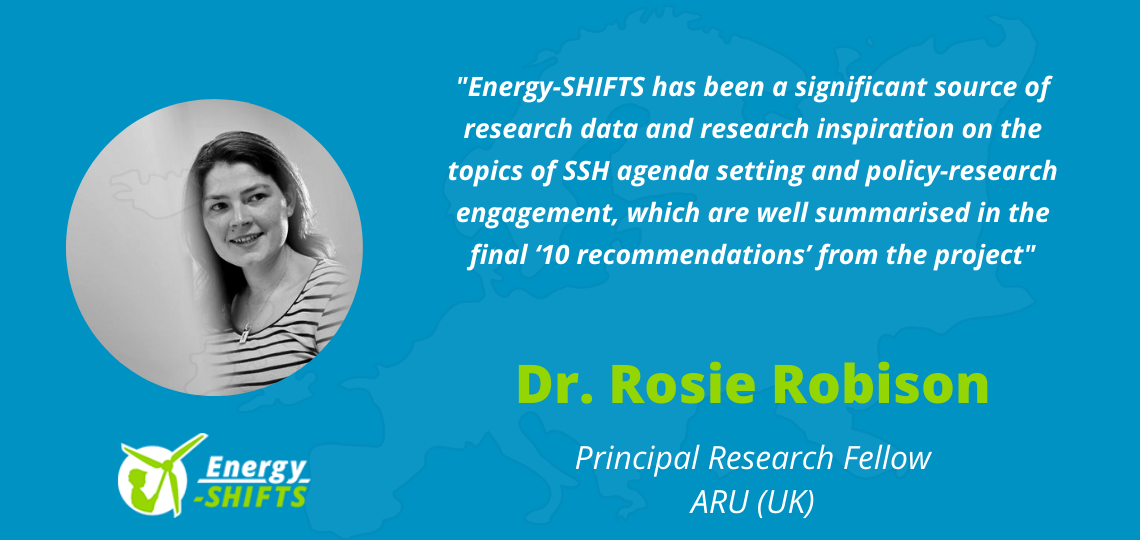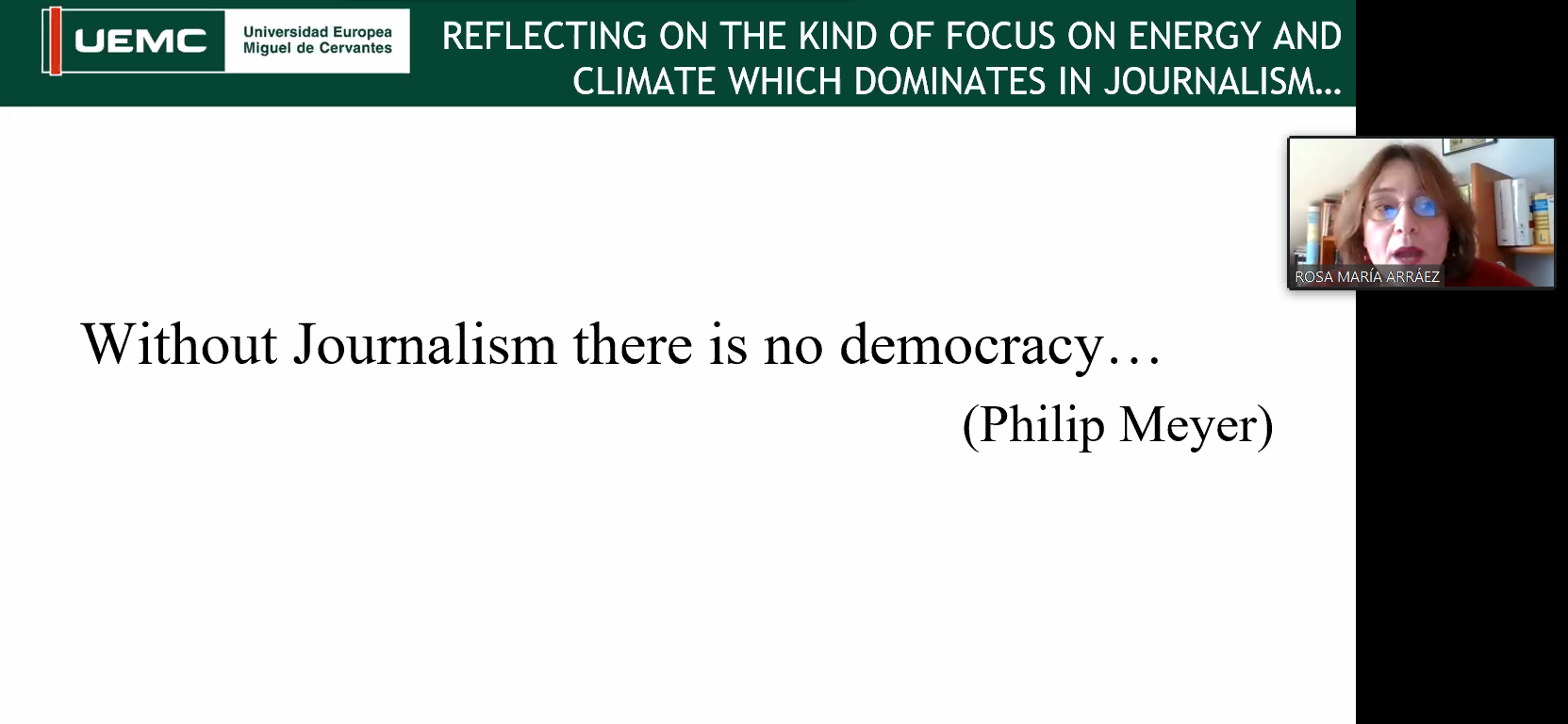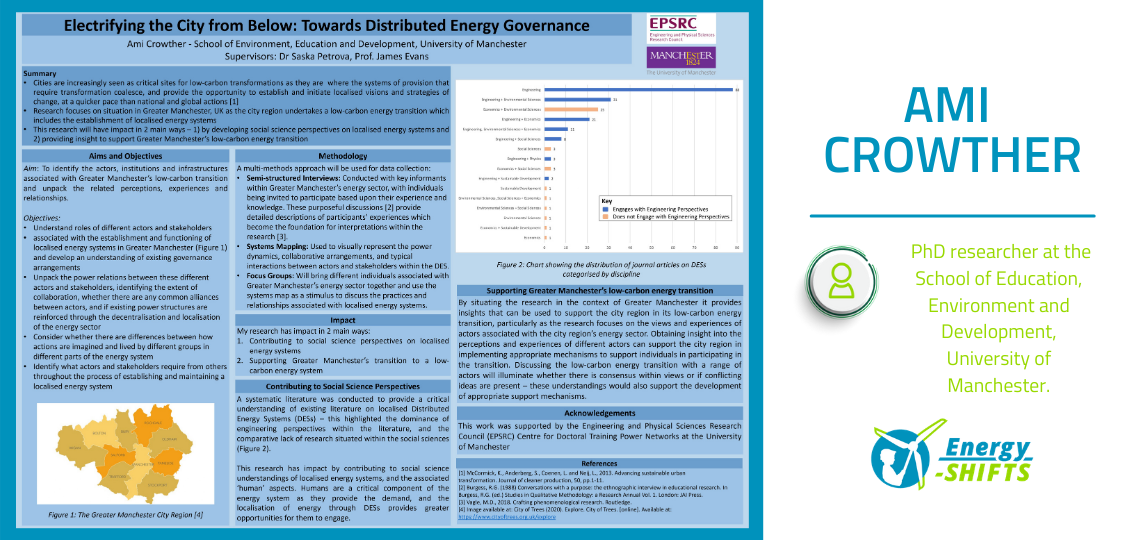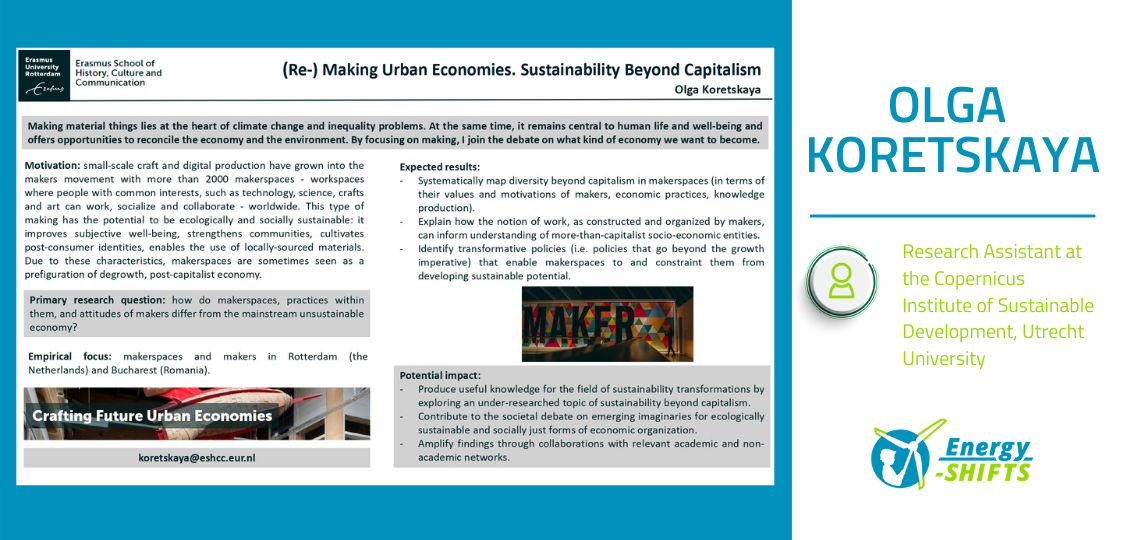Vivian Visser is PhD Candidate at the Erasmus University of Rotterdam
Opportunities and risks; innovation, transition, micro-politics and framing. Main lessons learned from the interactive and interdisciplinary pressure-cooker workshop on social innovation for energy transitions, with European researchers, practitioners and policymakers.
Thursday morning, the 4th of April, we kicked off the pressure-cooker workshop on social innovation for energy transitions, at the beautiful location of Gemaal op Zuid.
With a mixed group of researchers, practitioners and policymakers from all over Europe, we learned from each other’s experiences, thought critically about the chances and challenges of social innovation and envisioned how to bring forward the energy transition.
The highly interactive and interdisciplinary character, made the day a – excuse the pun – truly energetic event!Instead of sharply criticizing one another – as can often be the case in all – academic settings – we constructively built on the diversity of knowledges, values and experiences at hand.
My main lesson of the day can be summarized as follows: the energy transition is not only a technological matter, it is above all a social issue. Current social innovations we see happening around the energy transition enclose always both opportunities and risks; their future potential for energy transitions is not self-evident.
For example, social innovations do not automatically lead to greater social acceptance of energy transitions. Therefore, it is important to unravel the conditions that enable and/or restrain the promise of social innovations.
Social Innovation for Energy Transitions key points
Relating to this broad lesson, I’d like to highlight three take away points of the day :
- Innovation is not synonymous with transition. For social innovations to be transformative, means that they have to challenge, alter or replace dominant (power) structures and institutions. Too often, innovations merely reproduce existing ‘regimes’ by for example adopting the logic of the system as we know it, therewith smothering the transformative power of social innovation for energy transitions.
- We have to pay attention to the micro-political power struggles of social innovation in the energy transition. Various programs aim toinvolve “the” community into energy initiatives. This focus on “the” community overlooks the heterogeneous character of communities and therewith fails to take into account the differences within communities. In my own research, I encountered the power struggles between higher and less-educated citizens. Less-educated citizens are underrepresented in citizens’ initiatives. This underrepresentation is in existing research predominantly attributed to a lack of time, money, social capital and political knowledge. However, there is more to the story of non-participation than these explanations disclose. Less-educated citizens that I spoke with, lack ‘feelings of entitlement’; they do not feel socially recognized as legitimate agents to deal with public affairs. They feel that higher educated citizens and public officials look down on them and will not take their ideas seriously, because of their educational level. And despite them having many good ideas for initiatives, their lack of feelings of entitlement causes them to retreat from participation or starting initiatives in the public domain. Thus, if we want to make social innovations for energy transitions more socially inclusive, we have to take into account this barrier that some citizens experience and adapt policies and programs to it.
- The above reminds us of the importance of ‘framing’. Experiences within the City-zen project underline this idea. If citizens are to be ‘invited’ to participate in energy initiatives, the framing of these invitations needs to appeal to different citizens, preferably also to those who currently feel excluded. Do you refer to abstract notions as ‘energy transition’ or stay close to people’s everyday experiences? And do you frame the energy transition as a threat to people’s purse – as seems to be the dominant framing in today’s media outlets and political discourse – or as an opportunity to improve people’s living environment, now and in the future? These choices matter; words definitely have an effect.
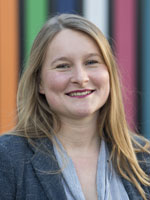
Vivian Visser is Phd-student (aio) Department of Public Administration and Sociology at Erasmus University Rotterdam

